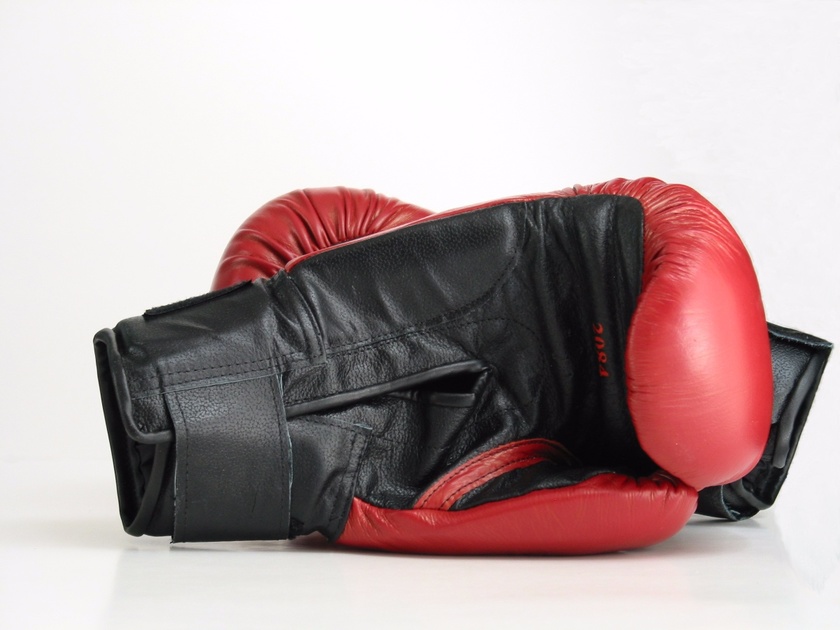
Dear Therapist:
I am worried about how my husband interacts with our children. Most of the time he is great but when he is stressed out he can really be difficult. He yells a lot and on occasion potches the kids. He says there is nothing wrong with that and that it was never considered wrong for a father to potch and is part of chinuch. I think it's horrible and will ruin the children emotionally. Can you please settle this issue for us?
Response:
Clearly, there are many different parenting styles. Some can appear harsher than others. Depending on the circumstances, there can be a fine line between “punishment” and “abuse.” The location of this line depends on the definitions of these words—and people will define punishment and abuse differently. Some people will refer to both as physical; others define them both as non-physical; yet others identify one as physical and the other as non-physical.
For the sake of this response, I will classify punishment as something that is done carefully, logically, and specifically to help the child to learn an important lesson. I will define abuse as either something that is done for the wrong reason (i.e., out of anger or frustration) or something that can potentially harm the child (physically, emotionally or otherwise).
The simple fact that corporal punishment “was never considered wrong” certainly doesn’t prove that it wasn’t. Nor does the common sentiment, “We all turned out fine” prove anything. In the first place, we didn’t all turn out fine. Many of us have clear emotional scars that were caused by abuse of one sort or another…and many of us have less obvious issues that can be traced back to abusive behavior on the part of our parents. Additionally, times have changed. Although many of us would love to return to the twentieth century, we can’t compare 2017 to 1987. This is not just because laws and norms have changed. It’s also because of how abuse is experienced by the victim.
People are quick to judge an action as abusive. Actions by themselves, however, cannot be abusive. Abusive behaviors do not exist in a vacuum. Abuse can be thought of with reference to its impact. What is abusive for one person is not so for another. One child will think nothing of being casually swatted, while another might be extremely embarrassed, insulted, and hurt. Circumstances will also dictate the degree of abuse. If a teenager is pummeled by his father in a playful way, he might be perfectly fine with it. On the other hand, if he were to be cuffed gently in response to something that he did, he might feel hurt and angry.
All else being equal, when a child is punished in a calm and loving manner he is more likely to accept the punishment in a positive way. When a punishment is accompanied by stress, frustration or anger, this can cause the child to be hurt by the punishment—all the more so when it includes a physical component.
Use of corporal punishment has greatly declined over the last generation or two. Because of this, there is a greater sense that physical punishment is extreme. Children, therefore, have a very different response to being spanked than we did a generation ago. Some of us may have taken it in stride and discussed it with friends who had also been spanked. Since children today understand spanking differently, they are more likely to feel that there is something seriously wrong with the situation…or worse, something seriously wrong with them. This is what will, from the child’s perspective, define the action as abusive: the damage caused by the action, rather than the action itself.
Though we may think that we understand the impact of our actions on our children, we can only see a very small part of the effect. We can’t see the impact of our actions on our children’s thoughts, emotions, or self-esteem. Since we don’t know what the effect of our actions will be for each particular child, we need to be extremely careful in how we discipline our children.
-Yehuda Lieberman, LCSW
psychotherapist in private practice
Brooklyn, NY
author of Self-Esteem: A Primer
www.ylcsw.com / 718-258-5317
Disclaimer
The Contents Of This Blog, Including Text, Graphics, Images, And Other Material Are For Informational Purposes Only. Nothing Contained In This Blog Is, Or Should Be Considered Or Used As, A Substitute For Professional Medical Or Mental Health Advice, Diagnosis, Or Treatment. Never Disregard Medical Advice From Your Doctor Or Other Qualified Health Care Provider Or Delay Seeking It Because Of Something You Have Read On The Internet, Including On This Blog. We Urge You To Seek The Advice Of Your Physician Or Other Qualified Health Professional With Any Questions You May Have Regarding A Medical Or Mental Health Condition. In Case Of Emergency, Please Call Your Doctor Or 911 Immediately. The Information Contained On Or Provided Through This Blog Is Provided On An "As Is" Basis, Without Any Warranty, Express Or Implied. Any Access To This Blog Is Voluntary And At Your Own Risk.
 Previous
Previous

